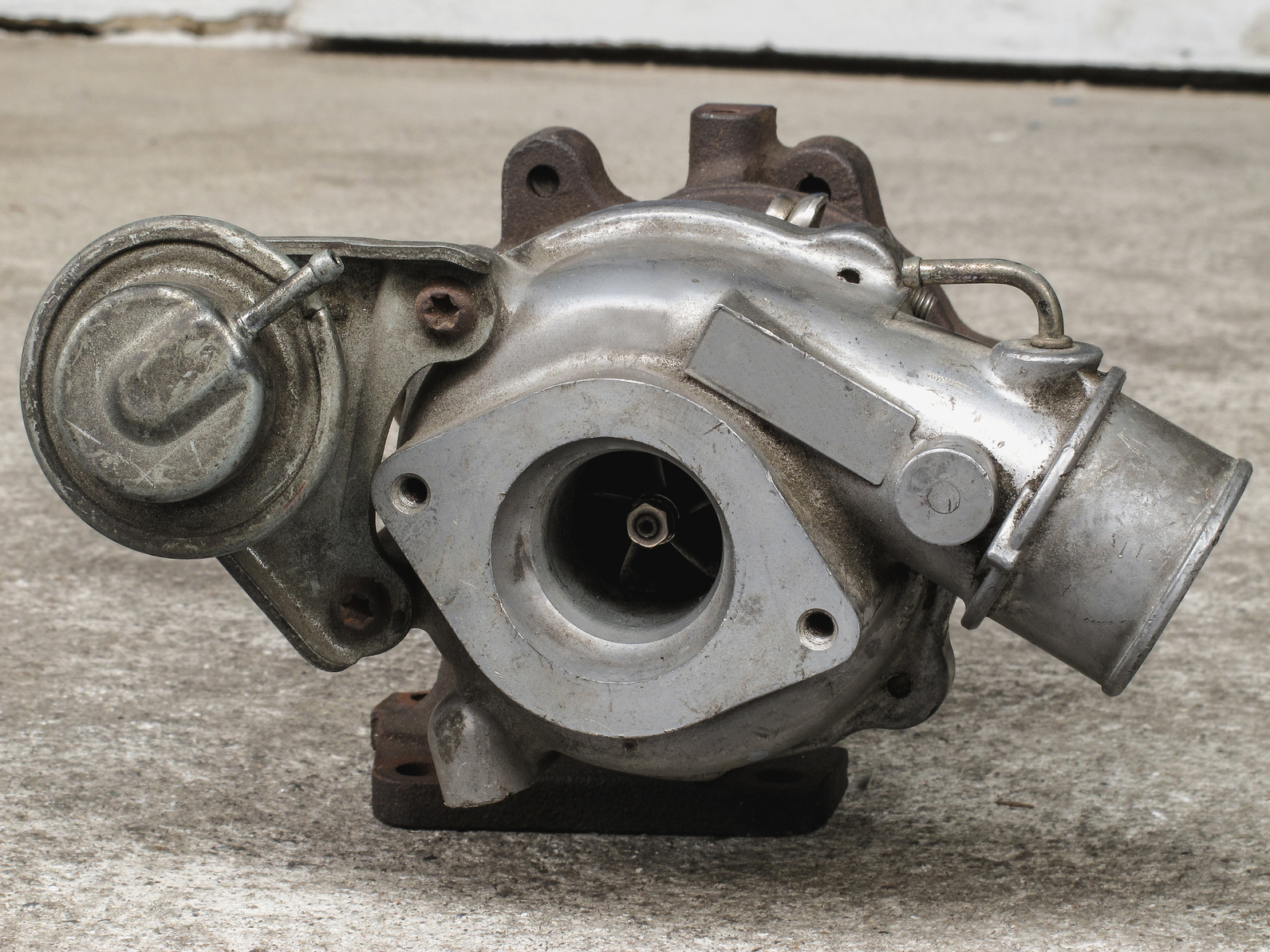
“Turbo” is one of those car buzzwords that many car owners have a vague idea about but don’t quite know what it means exactly. So what is turbo, what does it mean for your car’s engine, and what maintenance does having turbo involve? Here is an in-depth look.
Turbo defined
The term “turbo” refers to a turbocharged engine. A turbocharged engine is an engine that has been fitted with a device called a turbocharger. A turbocharger does not require engine power to run (like a supercharger does); rather, it uses recycled exhaust gases to increase power in your engine.
Benefits of turbo
Many car owners love the punch in horsepower that turbo adds to a smaller engine. A four-cylinder turbocharged engine, for example, will feel very much the same as a larger non-turbocharged engine in terms of acceleration. This can make passing and merging a breeze in a car with turbo. (One thing to keep in mind here, however, is that it can take a moment or two for your turbo to kick in during acceleration.)
Turbocharged engines are also typically more fuel efficient than a regular engine at a given horsepower. This is because turbocharged engines allow you to get more power out of a smaller engine, which uses less fuel to idle. Turbocharged engines run predominantly on exhaust gases, which would otherwise go to waste.
Drawbacks of turbo
Turbocharged engines can be expensive, and they require some additional wiring and tubing to function properly, so you should consider a turbocharged engine an investment for your car. Because of the extra space that’s needed to turbocharge an engine, cars with crowded front ends are not the best candidates for having the engine turbocharged. It’s also important to remember that a turbocharger is another part of your car that could potentially break. So if you’re considering turbocharging your car’s engine, keep in mind that this could mean more car maintenance for you in the future, particularly if you do not hire a well-experienced mechanic to turbocharge your engine.
Turbochargers can also call for some extra attention to your car’s oil levels, as they get very hot and often tap into an engine’s oil supply.
Some car owners also question just how fuel efficient turbocharged engines are. For drivers who tend to drive aggressively and with a heavy foot, a turbocharged engine might actually suck down gas just like a larger engine would.
Related Posts
Key Takeaways On average, passenger vehicle tires last 40,000 to 60,000 miles, depending on type, driving habits, and maintenance. Replace tires when tread depth reaches 2/32”, if damaged, or older than 10 years. Regular rotation, alignment, and proper inflation extend tire life. Aggressive driving, poor roads, and harsh weather shorten tire lifespan. Take advantage [...]
When you think about car maintenance, you probably focus on oil changes, tire rotations, and maybe even brake pad replacement. But what about your brake fluid? If you’ve ever wondered, “What does brake fluid do?” or “Why is brake fluid important?”, you’re not alone. Brake fluid might not be the most talked-about part of [...]
Is that high-pitched squeal from your brakes driving you—and everyone else—crazy? Don’t ignore it. Squeaky brakes aren’t just annoying, they’re your car’s way of saying something needs attention. Whether you're cruising through Salt Lake City or winding up Idaho’s mountain passes, here’s what’s likely going on, how you can fix it, and when it [...]





